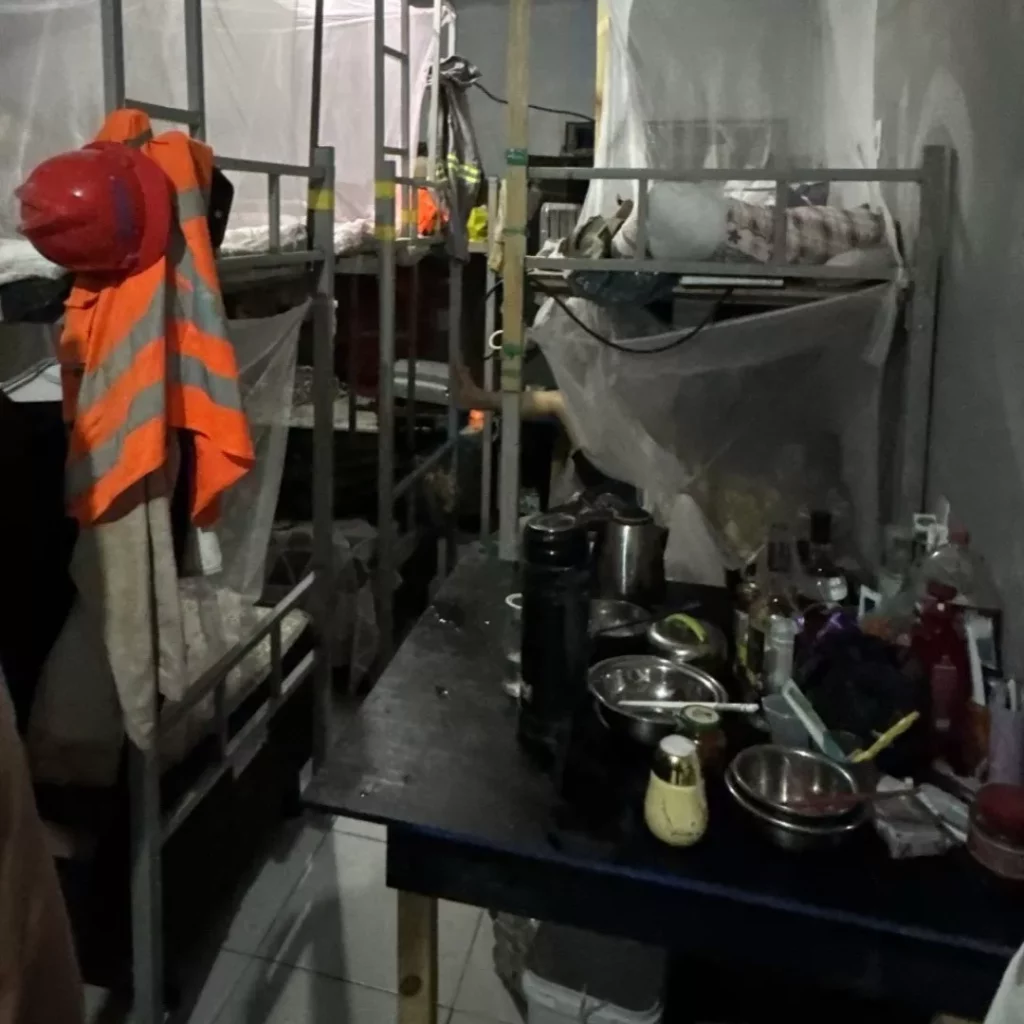- The Brazilian Ministry of Justice could remove any residence permits issued to the Chinese workers.
- Workers at the site lived in packed dorms with no mattresses and inadequate cooking facilities.
- Despite denying the allegations, BYD says it has cut ties with the contractor, Jinjiang Group.
Just days after it was reported that 163 Chinese workers had to endure slave-like conditions at the construction site for a BYD factory in Brazil, it’s been revealed the country has stopped issuing temporary work visas for China’s largest car manufacturer in response to the accusations.
The Brazilian Ministry of Justice has revealed that in addition to pulling temporary work visas, it will revoke any residence permits issued to the Chinese workers if it finds working conditions are as bad as claimed by the local labor prosecutor’s office.
The justice ministry appears to have received a heads-up about the investigation, as unnamed sources tell Reuters it issued a request to the Ministry of Foreign Affairs to suspend temporary visas on December 20, three days before prosecutors announced their findings.
Local authorities claim that contractor Jinjiang Group, which was tasked with the construction of BYD’s new Brazilian factory, has employees working in “slavery-like conditions.” It says staff are housed in tightly-packed dorms with no mattresses, limited cooking facilities, and that there is just one toilet for every 31 workers. Prosecutors have also said the passports of 107 workers are being withheld by the contractor.

Government officials also assert that “pots with prepared food were found left open on the floor, exposed to dirt and without refrigeration, to be served the following day.” It’s also reported workers have had 60% of their wages withheld and faced “excessive costs for terminating their contracts.”
Late last week, officials from BYD and Jinjiang Group denied the accusations. Several workers at the site were also featured in a video shared on social media by Jinjiang, in which they claimed they “cherish” the work they have and want to keep working at the site. They also said the company was holding their passports to assist in applying for temporary work permits they couldn’t do on their own.
Following the revelations, BYD said it had terminated its contract with Jinjiang and moved workers to nearby hotels for the time being.




